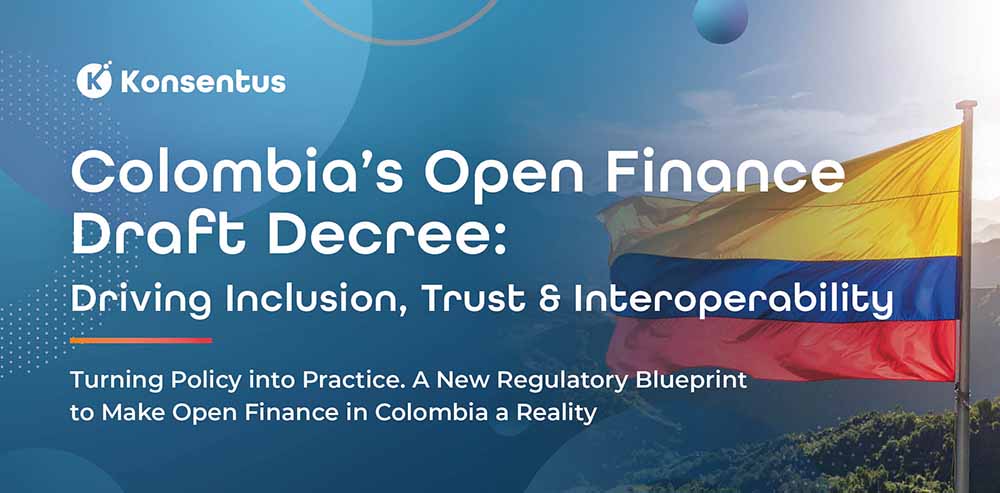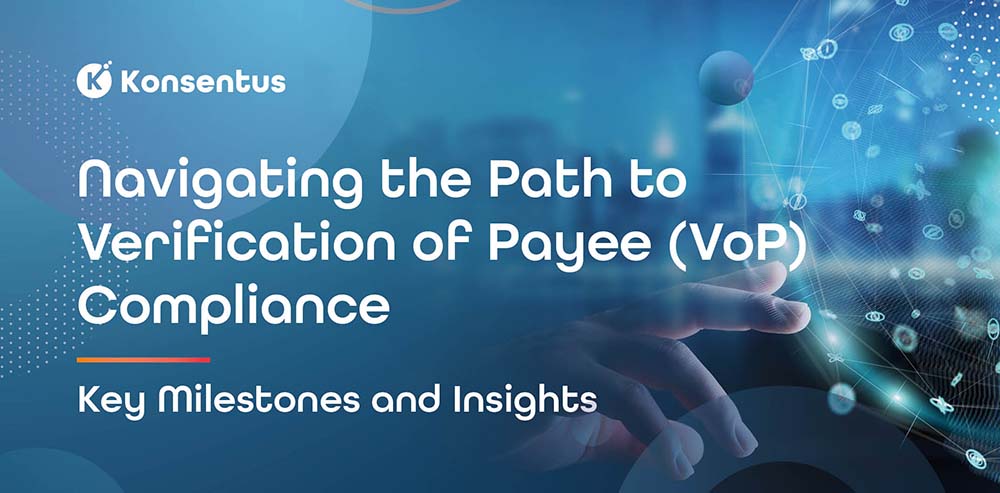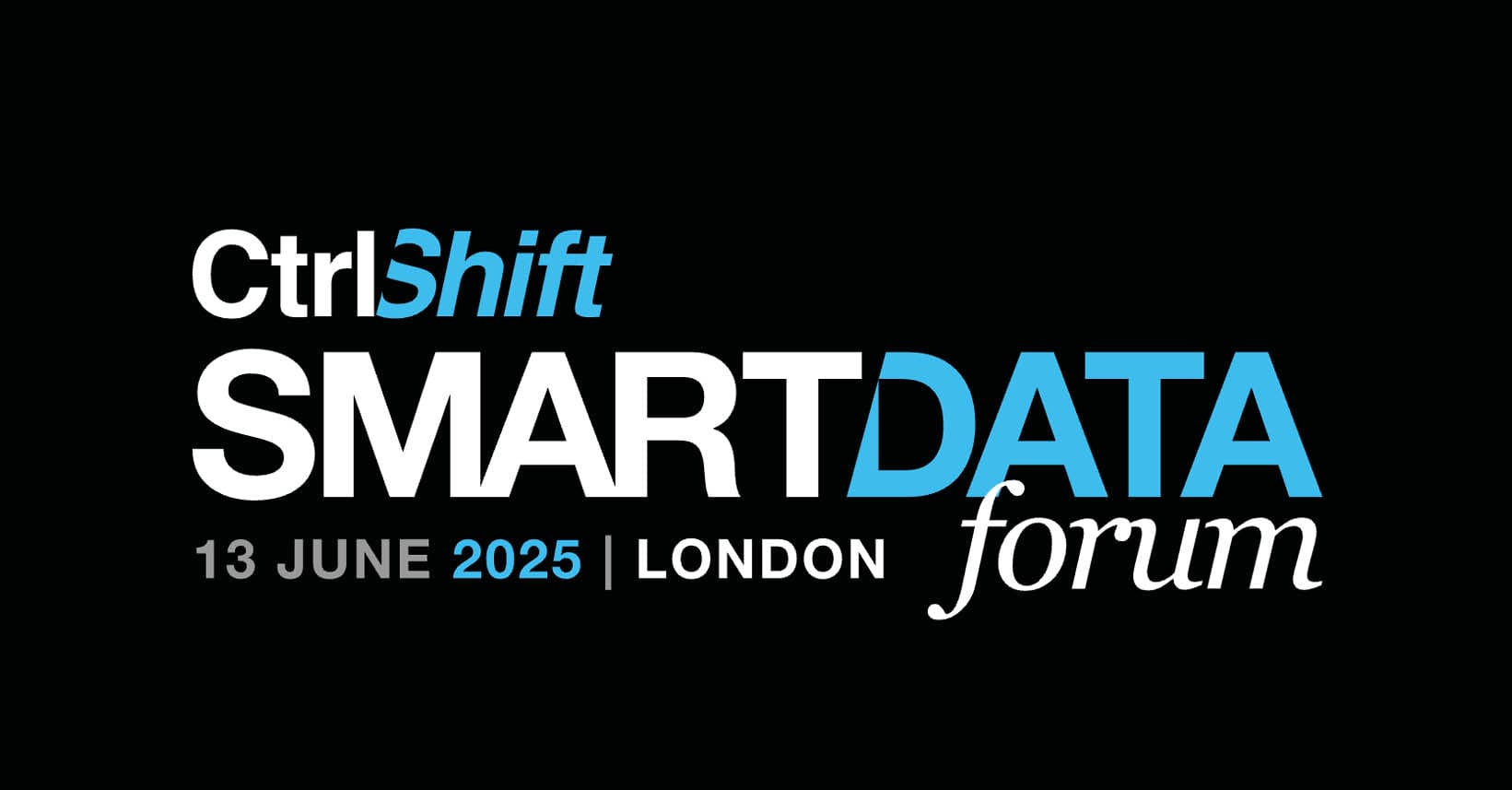The open banking ecosystem has changed significantly since PSD2 was implemented in September 2019. Initially, demand for services and transaction volumes were low – this was largely due to a lack of education, lack of consumer awareness and the fintechs not being well established in the market.
In this Germany market report we will cover the following:
- Ecosystem Members
- The German Open Banking Landscape
- Third Party Providers (TPP)
- Growth Rate
- Services
- Future Growth
- Liability and Risk
Today, the landscape is very different. Many of the fintech third party providers (TPPs) who gained regulatory approval when PSD2 access to accounts first came into force have either grown into pan-European businesses or have been acquired by larger fintechs or credit institutions. Natural market consolidation has been matched by new entrants, and a small number of TPPs have suffered business failures or ceased trading.
However, these pure-play TPPs are only part of the picture. In many markets, agents are renting open banking permissions from TPPs to offer their own services. And throughout Europe, Credit Institutions, who by default are already authorised to provide open banking services, are capitalising on the opportunities open banking affords and providing their customers with tailored ‘open’ services to differentiate product offerings from their competitors.
The ecosystem is well and truly operational. As a result, API volumes are on the rise, and therefore financial institutions need to be mindful of fraud. The EBA’s Discussion Paper on Selected Payment Fraud Data revealed that in H2 2020 the average value of a fraudulent credit transfer was €4,191 – this is significantly higher than on card transactions or cash withdrawals.
Financial Institutions are faced with not only having to comply with PSD2 by granting instant access to their customers’ accounts – often without knowing who the entities requesting access are – but also preventing valuable customer account information and funds from being given to a fraudulent or unauthorised third parties and being in breach of GDPR.
This report analyses the current open banking market in Germany and the complexities facing financial institutions as they keep pace with the ever-changing ecosystem.





